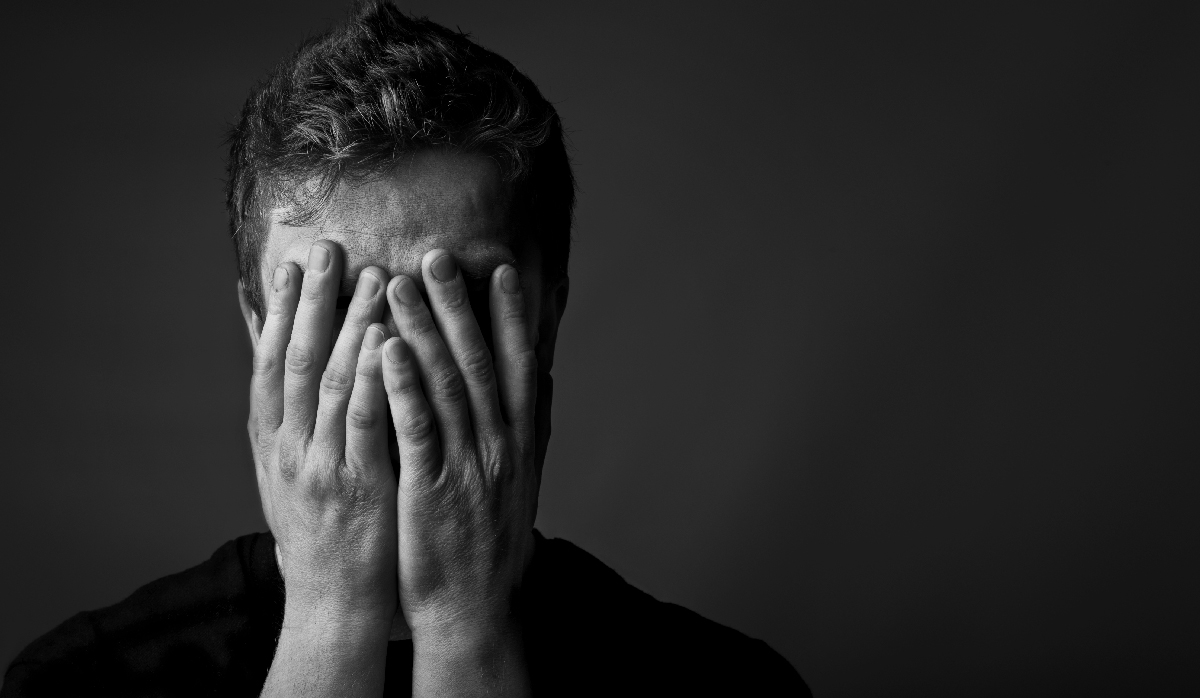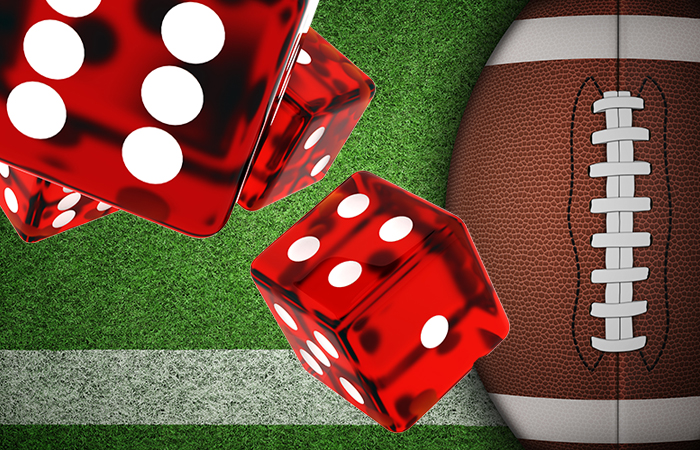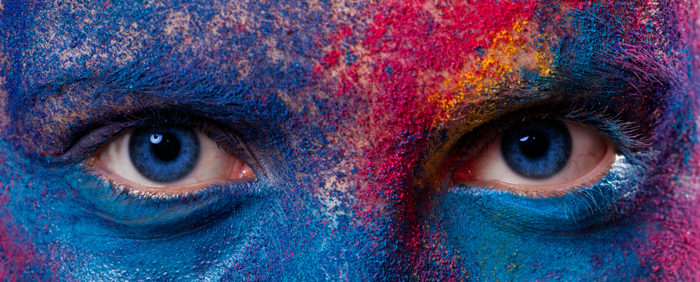While many people can engage in gambling without it becoming a problem, others develop a gambling addiction that heavily impacts their lives. But what is gambling addiction? A gambling addiction or compulsive gambling disorder refers to the uncontrollable urge to gamble despite the toll it takes on your life. People with gambling addictions are willing to risk something they greatly value in hopes of winning something of even greater value. Unfortunately, as with other types of addictions, compulsive gambling can lead to relationship, health, and financial problems if treatment is not received. Our rehab in Lake Worth is sharing how to help someone with a gambling addiction so you can get your loved one to receive treatment that can help them recover.
Signs of Gambling Addiction
Although people addicted to gambling often share the trait of low self-esteem, there are two main types of gambling addicts: escape gamblers and action gamblers. Recognizing and learning how to help someone with a gambling addiction is easier if you know the characteristics of each kind. An escape gambler views gambling as an escape from real life. They may enjoy slot machines more than playing poker. They may also appear withdrawn, unhappy, or introverted. On the other hand, action gamblers are people who like to play games that require skills and beat the odds. Action gamblers may enjoy card games such as Texas Hold’Em, for instance. Action gamblers are usually extroverted, self-confident, and arrogant.
Additionally, there are certain general signs of gambling addiction that all compulsive gamblers may display, regardless of the kind they are. These signs include:
- Being preoccupied with gambling, such as constantly planning how to get more money to gamble and finding the next opportunity to gamble
- Needing to increase the amount of money you gamble to experience the same thrill
- Feeling restless or irritable when you’re not gambling or haven’t gambled
- Gambling to escape problems or alleviate feelings of anxiety or depression
- Attempting to win back lost money by gambling more (chasing losses)
- Lying to loved ones about the extent of your gambling
- Stealing from others or committing fraud to get money for gambling
- Asking others to bail you out of financial problems caused by gambling
Gambling can be addictive because it produces a similar high to drugs and alcohol. It activates the levels of dopamine in the central nervous system, producing feelings of pleasure or a “high” whenever you gamble. Unlike most casual gamblers, gambling addicts are only driven by their losses and don’t know when to stop. Without professional care like our residential mental health treatment in Florida, compulsive gamblers risk losing their relationships, jobs, and health to their addiction.
Get a Free Insurance Verification Today!
"*" indicates required fields
How to Help A Gambling Addict
Helping a loved one with a gambling addiction is no easy task. Below are some tips on how to help someone with a gambling addiction that can make this process easier for you and increase your loved one’s chances of accepting treatment for their condition.
Educate Yourself
Before approaching your loved one, try to research gambling addiction and learn more about its causes, symptoms, and the driving force or “mechanism of action.” Learning more about your loved one’s condition can help you better understand how their addiction began in the first place and prepare you for talking to them about treatment. Learning more about their condition can also show them you care enough to play an active role in their recovery.
Confront Them
If someone you care about has a gambling problem, it’s time to stage an intervention. Be prepared for pushback and even defensiveness. As hard as it may be, don’t take your loved one’s anger personally. Most addicts, regardless of the driving force of their conditions, will avoid conversations about their problem either because they’re in denial or because they know they have a problem and don’t want to admit it. With that being said, your loved one may deny they have a problem, even if it’s obvious to everyone else.
When you do confront your loved one, don’t do so from a place of anger or blame. This can not only cause emotional damage that may contribute to their behavior, but it can also make them feel as if they can’t come to you for help. Instead, sit your loved one down and offer them examples of how their behavior has impacted you and others. Avoid using “you” statements, and instead use “I” statements, such as, “I’ve noticed that when you gamble, you ignore me, and that hurts my feelings.” This expresses how you’ve been impacted by their problem and your concern for them without pointing fingers.
Also, be straightforward in your conversation, but don’t lecture, blame, judge, beg, or criticize. If someone becomes angry or frustrated, stop and pick up the conversation later on. Most importantly, be patient and supportive. Let your loved one know that you’re there for them, and you’re only bringing up the conversation because you care about them. Accept that there may be setbacks and that other problems like depression and anxiety may be connected to their condition.
Help Them Find Treatment
Finding addiction treatment for your loved one is the most important step to helping them recover from their gambling addiction. Behavioral Health of the Palm Beaches offers gambling addiction treatment in Florida that’s administered in a clean and safe facility. Like our other treatment programs, patients receiving gambling treatment may partake in individual and group therapy sessions to help them recover from the underlying issues of their conditions. Additionally, because drugs and alcohol are often related to compulsive disorders like gambling addiction, we also offer dual diagnosis treatment to help patients who suffer from both drug addiction and mental illness.
To learn about the addiction and mental health services offered at BHOPB, call us now at 561-220-3981 to be connected to a team member.













